A walk through India’s first psychology-themed park
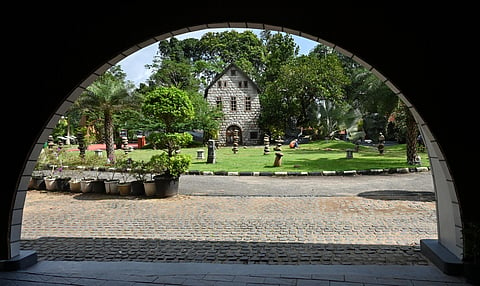
Ever seen Virginia Woolf, Vincent van Gogh, Ernest Hemingway, Kevin Carter, and Rajalekshmi in one room, all passionately discussing life, despair, and how suicide is never the answer? Wondering how different it might have been if they had held on for just one more moment?
Step out, and the doors open to a house full of walls glimmering with 25,000 tiny sculptures representing the chemical that keeps us moving and feeling — the dopamine house. Charts and displays explain what happens when there is too much or too little of it, how imbalance can twist the way people think or act.
And that is just one corner of this two-acre world, the Psychopark. Half an hour’s drive from the city, along a winding road that weaves through the hills and calm outskirts of Thiruvananthapuram, stands this unique park in Vellanad — India’s first psychology-themed park.
“It’s not just India’s first, this is the world’s first psychology-themed park. It is also an edutainment park,” says C Lekha, CEO of the establishment.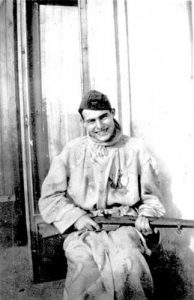
“Mirror For Your Mind, that’s our tagline. Everything here is curated with great care, designed for anyone who wants to understand the human mind and behaviour through engaging, relatable experiences,” she adds.

Neuropsychology, he explains, is at the heart of the park’s vision. It’s important because when people begin to understand how the brain functions, they can free themselves from superstition. “After all, the notions of god and evil both arise within the brain, and recognising that is the first step toward a more rational, enlightened, developed society,” says Madhujan, who is also a recipient of the 2018 National Award for Outstanding Achievement for his work in preventing alcoholism and substance abuse.
The exhibits here unfold like chapters in the human mind. It begins with early practices from the extraction of the stone of madness — a sculptural interpretation of the ancient trephination process of drilling or scraping a hole in the skull — to depictions of traditional Indian approaches to mental illness.
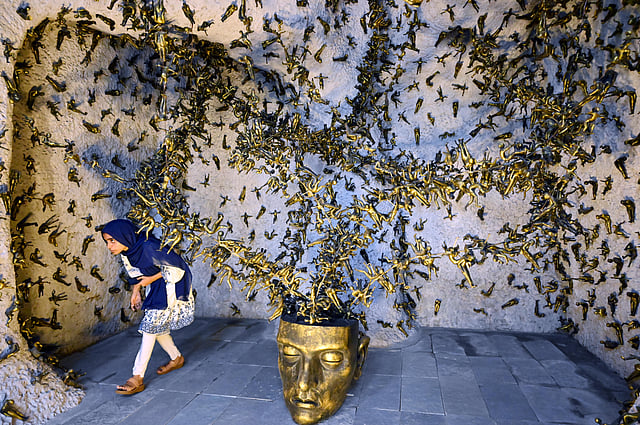

Other sections turn psychology into an interactive experience. Instruments for colour-deficiency tests, maze learning, and depth perception are displayed alongside spaces dedicated to cognitive behaviour therapy and addiction studies.
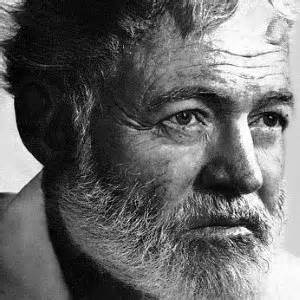
The Brain Museum details the brain’s regions and their functions, while the Psychosocial Museum houses artefacts that trace human evolution. A portrait drama theatre, a library with a curated collection of books, an art gallery, a corner dedicated to Sigmund Freud, a nano-sculpture, and photographs of pioneers who shaped modern psychology are also part of the experience.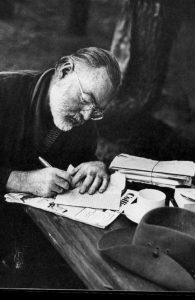
“The official inauguration has not been held yet. We hope to do it by January and are waiting to confirm a prominent guest,” says Madhujan.
They also have further ambitious plans for Psychopark, including a brain installation that visitors can walk through. A section dismantling pseudo-psychology is also in the plans.
“We are also working towards promoting psycho-tourism,” Madhujan says. “This concept can promote mental and emotional awareness, which is more important today. It can grow even bigger than health tourism. It is an innovative idea, which is perhaps why convincing the state government has been a challenge so far. But hopefully, that will change soon,” he says.
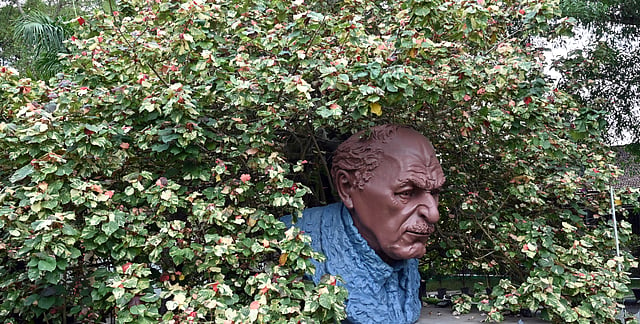
After the tour, visitors can also interact with the director and ask questions about any aspect of the human mind. Entry packages start at I650 for adults, I600 for college students, I500 for high school students, and I450 for school groups. The fee includes a traditional mini-sadhya with payasam, along with tea and snacks. For outstation visitors, overnight stays are available for I1,600, which includes accommodation, four meals,
and a campfire experience.


Oh my what an nteresting post
Hard to grasp the concept I believe a first of its kind. So many suicides that should never have happend.
I will be interested to follow into the new year. Thank you Christine for posting.
All the best Pamela.
Dear Pamela!! Good to see you here! I too found it unique and quite fascinating! Hope you are having a good year and so so glad you are still a follower and reader!! Warmest wishes for the holiday season! Christine